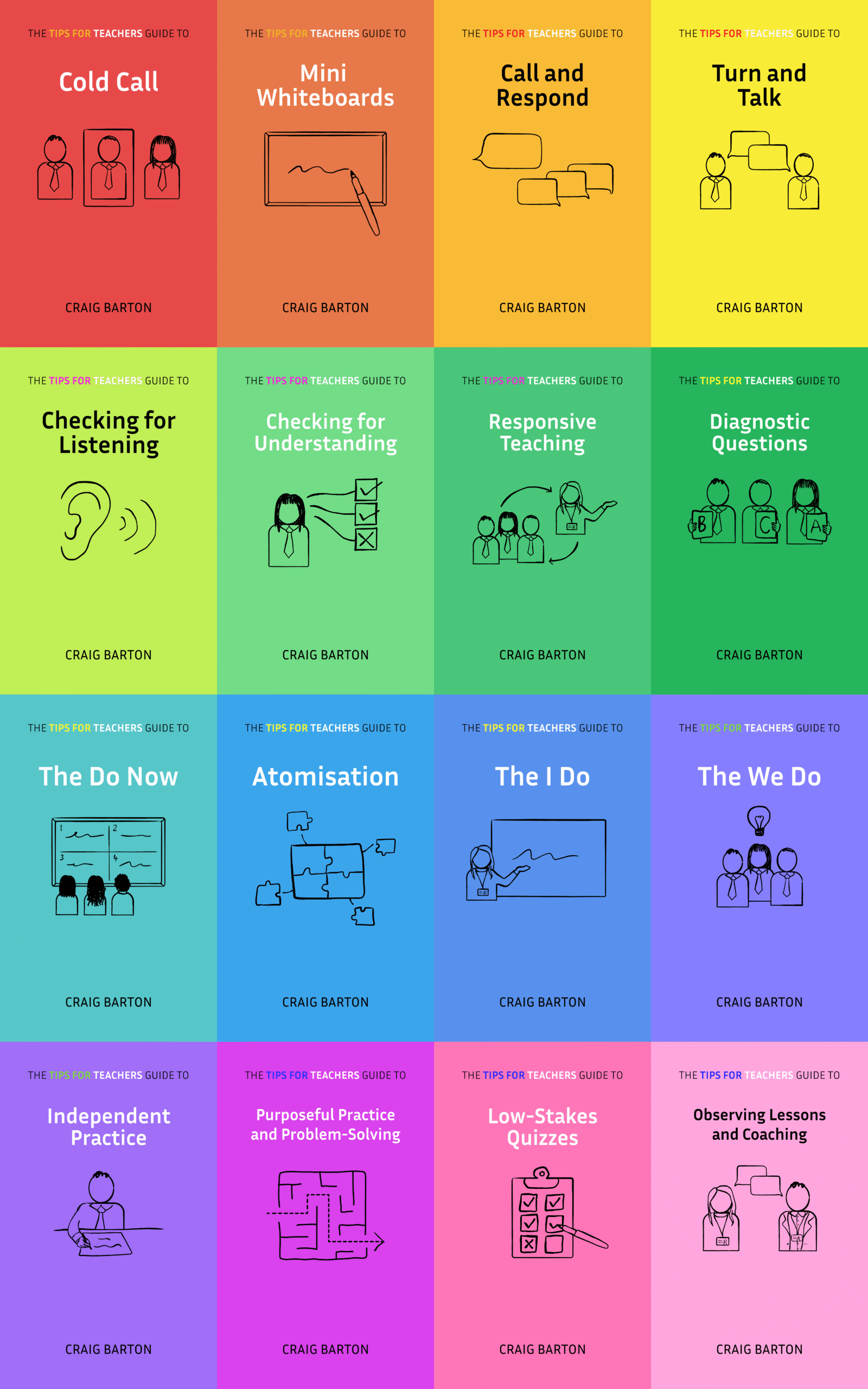
- Title: Testing (Quizzing) Boosts Classroom Learning: A Systematic and Meta-Analytic Review
- Authors: Chunliang Yang and Liang Luo, et al
- Access the original paper here
- Listen to a deep-dive podcast:
Paper summary
This paper from the Psychological Bulletin is a systematic review of the effects of testing on classroom learning. The authors conducted a meta-analysis of 573 effect sizes from 222 studies, which included data from nearly 48,500 students. The authors found strong evidence that testing significantly improves student achievement, with an average effect size of 0.499, meaning students tested on course material perform about half a standard deviation higher than those not. They also found that the benefits of testing are consistent across a wide range of subject areas, levels of education, and assessment formats, and that offering corrective feedback following quizzes improves learning outcomes. The paper then discusses the potential underlying mechanisms for the testing effect, exploring several theories including additional exposure, retrieval effort, transfer-appropriate processing, and motivation. Finally, the authors offer suggestions for future research on the topic of test-enhanced learning.
What are the key implications for teachers in the classroom?
- Testing or quizzing in the classroom is an effective learning tool and can raise students’ academic achievement by about half a standard deviation.
- This effect is larger than the average effect size found in over 800 meta-analyses on educational interventions. This means that even though some educators view the effect size of 0.499 as medium, it is still considered a large effect by educational intervention standards.
- Quizzes are beneficial for students even if they are administered in class. While administering in-class quizzes might take away from instructional time, it seems to be a worthwhile trade-off because quizzes promote learning.
- The positive effects of testing are seen regardless of subject matter (for example, Biology, Engineering, etc.) and regardless of educational level (for example, elementary, middle, high school, and university/college).
- Frequent testing is more beneficial than infrequent testing, and the more class content is quizzed, the greater the student learning gains.
- Teachers should offer corrective feedback after quizzes to further increase student learning outcomes.
- Quizzes administered after teaching (post-class) are more effective than quizzes administered before teaching (pre-class).
- Quizzes can be administered in a variety of formats. The source notes that multiple-choice quizzes are effective learning tools. Further, matching quiz and exam formats yield larger learning gains than mismatched formats, supporting the idea that retrieving information from memory is helpful for learning.
- Quizzing does not only improve factual learning, but also conceptual learning and problem-solving skills. This evidence counters the argument that testing is a ‘drill and kill’ strategy and only promotes memorization.
The source also notes that testing can enhance learning of both studied and new information. This is important for teachers to keep in mind when considering how often to quiz, what format to use, and when to offer quizzes in relation to the presentation of new material.
The sources also point out several reasons that some teachers and policymakers may be reluctant to implement frequent testing:
- A lack of understanding of the positive effects of testing (that is, they may not understand just how beneficial testing can be for learning).
- A concern that frequent testing would take time away from instruction.
- A worry that frequent testing could increase test anxiety in some students.
However, the sources offer evidence that should mitigate these concerns, including the large effect sizes found in this research, the fact that in-class quizzing still yields positive results, and research indicating that low-stakes quizzes have minimal influence on test anxiety and may even reduce test anxiety.
Quote
Overall, testing is not only an assessment of learning but also an assessment for learning








